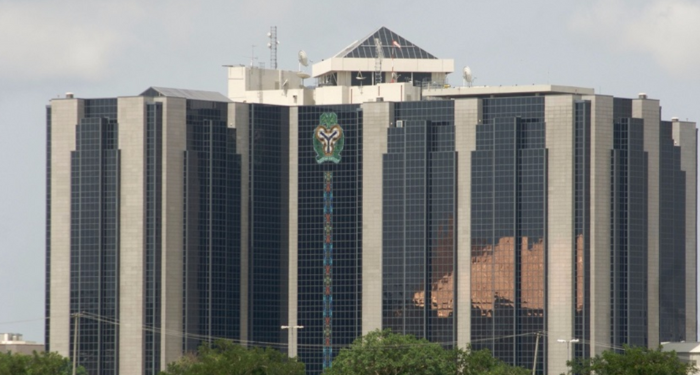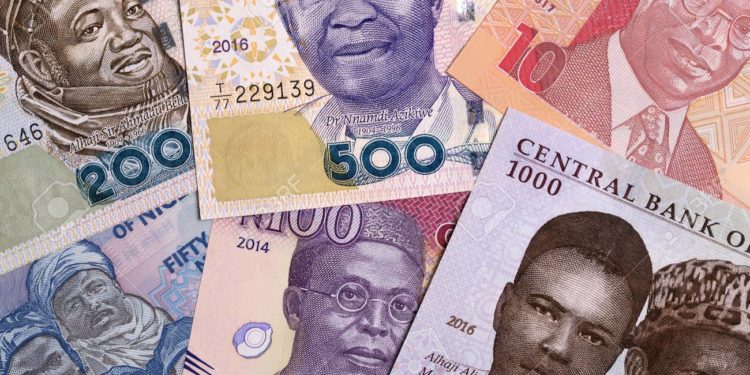In a move that has sent shockwaves through Nigeria’s financial landscape, the Central Bank of Nigeria’s Monetary Policy Committee (MPC) has once again defied expectations.
While central many Central Banks worldwide embraced dovish stances, Nigeria’s CBN opted to swim against the tide.
In its fifth consecutive rate hike in just seven months, the MPC raised interest rates by a substantial 50 basis points, pushing the benchmark rate to 27.25% from 26.75%.
This decision, has certainly left most analysts and economic observers shocked and scrambling to understand its implications to the wider economy.
The Good
At first glance, the CBN’s hawkish stance might seem perplexing, but it does however hold potential benefits. It reported that while headline inflation eased to 32.15% in August, down from 33.40% in July, primarily due to a reduction in food prices, core inflation (which excludes items like food) actually increased to 27.58% from 27.47% during the same period. The central bank therefore emphasized the need to address core inflation as it reflects underlying inflationary pressures in the economy.
One major benefit of rate hikes is its potential to control spikes in core inflation. By essentially increasing borrowingcosts, the CBN aims to reduce overall spending and investment, thereby cooling down the economy and potentially slowing the rate of price increases. This should benefit the economy in the short term by preventing further runawayinflation and maintaining some level of price stability.
Another critical factor behind the CBN’s continuing hawkish stance is the continued growth in money supply. With an increase in liquidity, the naira faces significant depreciation pressure, further stoking inflation. By raising rates, the CBN aims to mop up excess liquidity in the financial system, making it more expensive to borrow and curbing speculative activities that often lead to currency depreciation.Indeed, a stable currency is crucial to controlling inflation, as a weaker naira raises the cost of imported goods, particularly in a country as import-dependent as Nigeria.
One of the MPC’s successes over the months has been the stabilization of the exchange rate. The relative stability of the naira in recent weeks against major global currencies, particularly in the parallel market, suggests that the central bank’s tight monetary policy may have helped restore some confidence in the currency. This is a significant achievement, given Nigeria’s recent history of currency volatility and unfortunate depreciation.
The Bad
However, after seven long months of consistent rate hikes, the question arises: Are These Measures TrulyOffering theDesired Effect?The MPC’s ‘jumbo’ hikes, which began at 22.75% in February when inflation was at 29.9%, now stand at 27.25% with inflation at 32.15%. And though the Naira has enjoyed some relative stability, particularly against the dollar, its exchange rate has remained relatively unchanged, ±N1,600/$, since February.
Perhaps then, It might be time to start questioning if such a whopping 850 basis point spike in rates in justseven months could also be inadvertently adding fuel to the Nigerian inflation wildfire? This is particularly pertinent given other worrying factors; insecurities in the Northern breadbasket states affecting food prices, a weakening local currency making imports more expensive, and stuttering crude oil prices affecting Nigeria’s ability to earn higher revenuesfurther pressuring the Naira.
It might be important to note that in Nigeria, inflation is often supply-side driven, marked by high import costs, fuel price hikes, and food production inefficiencies, rather than demand-side factors. Rising interest rates,could therefore further worsen inflation as businesses continue to pass on higher business and financing costs to consumers in the form of increased prices, further dampening local demand.
Moreso, such a surprisingly high-rate hike, coupled with a 50bps increase in the Cash Reserve Ratio from 45% to 50%, and the strict maintenance of the banking Liquidity Ratio at 30%, will further affect banks’ ability to advance business loans at cheaperrates, consequently impacting critical sectors of the Nigerian economy, such as start-ups, MSMEs, and manufacturing, all of which are meant to inadvertently play crucial roles in helping the CBN’s ‘Inflation Targeting’ strategy by ensuring higher productivity levels thereby easing worsening unemployment numbers, which currently stand at 5.3%, up from its last reading of 5% in July.
The Ugly
If left unchecked, the potential long-term consequences of these persistent, and sharp, rate hikes could be severe. Higher interest rates, particularly at a time when the MPC should be considering lukewarm or dovish stances, could further dampen consumer spending, weakening demand in an already fragile economy. For a Nigeria, where consumption plays a significant role in our GDP, this could be detrimental to any planned economic recovery, in the short term, but particularly, in long term, through the guise of reversals in our recent GDP gains, consequently tipping the country, precariously, towards a recessionary path.
Lower investments due to a weakened currency, falling demand, and rising unemployment could create a downward economic spiral that could be hard to reverse, and with Nigeria, being still overly dependent on oil revenues and foreign debt, our economy could be even harder to stabilize particularly under such conditions.
Furthermore, monetary policy hikes also tend to widen the gap between the wealthy and the poor. Excessively raising interest rates then could therefore exacerbate an already gaping chasm of social inequality in a country where poverty levels and the misery index (up by 200bps to 37.45% from 36.70% in February) are already at all-time highs, and the populace are beginning to find avenues to vent their frustrations.
While the recent MPR hike is also aimed at stabilizing the exchange rate and enhancing Nigeria’s attractiveness to international investors, especially as inflation begins to show signs of moderation, the reality might truly be different. In an environment of high borrowing costs, political and economic uncertainties, foreign investors may still not see the long-term attractiveness of investing in a Nigeria compared to a more economically and politically stable Sub-Saharan peer like Rwanda (a nation of barely 15million people), which recorded a Q1 2024 GDP Growth of 9.7% against Nigeria’s measly 2.98% for the same period. Reduced foreign direct investment (FDI), which Nigeria sorely needs, compared to foreign portfolio investment (FPI), can further exacerbate a weakening Naira, complicating inflation control and economic recovery efforts.
My Closing Thoughts
While monetary policy hikes are an indispensable economic tool,it is clearly becoming insufficient, particularly in ‘jumbo size packages’, to combating inflation in a Nigeria still reeling from several months, post COVID, of weakened economic fundamentals. This recent hike could therefore become a double-edged sword, causing more harm than good if not properly managed.
The CBN is therefore advised to consider strategies such as reimplementing the ‘Cashless Policy’ set in motion by the previous CBN administration. Though flawed in ‘timing’ and ‘execution’, the policy, designed in its essence to curb excess liquidity in the system, might still have its merits if banking and other relevant financial, and manufacturing sector players are invited to collaborate on the policy, and it is given a 6-8 month staging and gestation period to grow proper roots thus having the proper economic effects.
The government needs to de-bureaucratize policies around the150-day un-taxed food imports into the country, as its wordings seemonly to favor major importer players. To combat core inflation,both government-owned and other private crude oil refineries, must be swiftly brought online to assist the much-touted Dangote Refinery in flooding the system with gasoline, which will have the cascading effect of easing prices. The NNPCL needs to do more to ensure easy supply of Nigerian crude oil to these refineries, fostering competitiveness in gasoline prices, which will certainly force down prices of goods and services across the board.
In conclusion, the CBN needs to keep the economy under careful observation going forward and seriously consider easing its foot off the ‘rate hike’ pedal come the next MPC meeting to avoid undesirous economic effects of ‘feeding a patient’ too a high a dosage of medication when all that might be needed is a simply wait–and–see tactic.
Brain Essien is a financial analyst and business process consultant, with expertise in investment banking, business plan formulation, pitch deck design, brand management, crowd/private equity and seed fund brokerage. mcbrainandcompany@gmail.com























